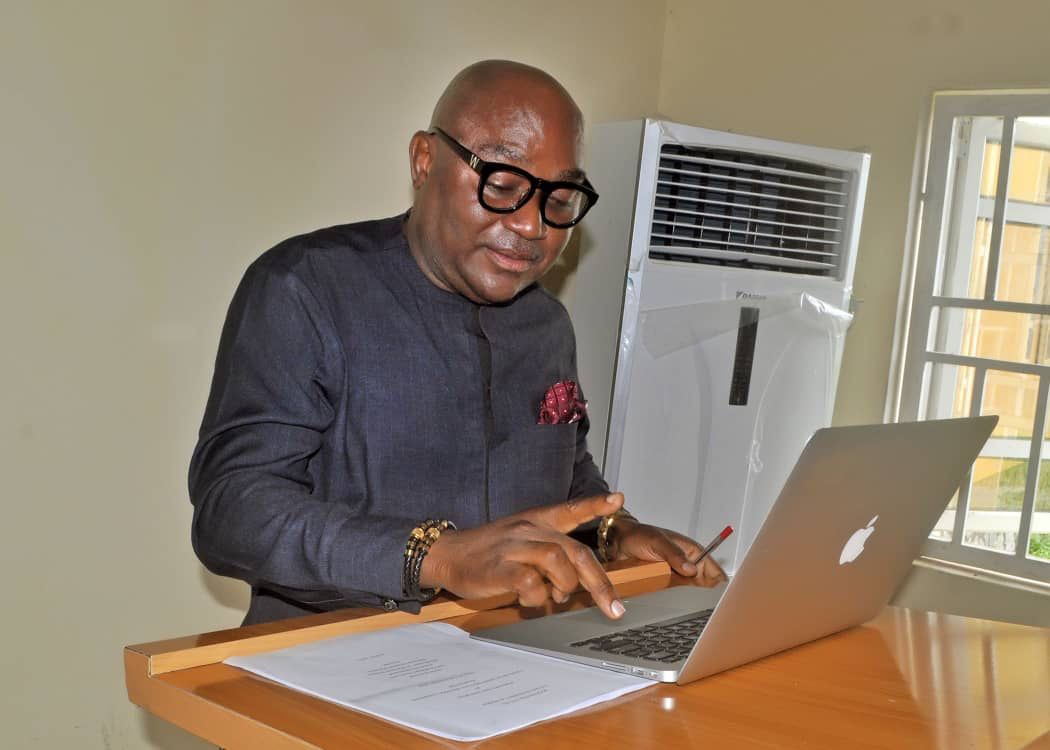
Ekpo Barnabas, an associate professor of political science at the Nigerian Defence Academy, claims that the only way to alleviate poverty in Nigeria at the local level is to give local government authorities more autonomy or democratic rights.
Ekpo pointed out that only local government employees can assist people in rural areas because they are familiar with their circumstances. He also encouraged the government to take action so that monies for environmental purposes would be directed to the proper causes through operational transparency rather than being misappropriated.
In his presentations, which our correspondent obtained on Saturday in Abuja, Ekpo, who spoke at a book review of “The Face of Poverty in Nigeria” by the Rosa Luxembourg Foundation and Yusuf Bala Institute, further noted that the adoption of conditionalities by the International Monetary Fund has not improved Nigerians’ quality of life.
According to him, in order to understand the extent of poverty in Nigeria, it is necessary to study the structure, traits, and dynamics of the Nigerian economy.
“The majority of the problems that Nigeria is currently grappling with, particularly on the economic front, were mentioned in Bala Usman’s book Nigeria Against the IMF: The Home Market Strategy, which was released in 1986, more than 30 years ago, and the impending economic catastrophe that lay ahead of Nigeria.
“The lives of the majority of Nigerians have not improved since Nigeria adopted the IMF’s conditionalities. This is based on the idea that, despite having abundant natural resources and a creative population, Nigeria will be nearly at the bottom of the World Bank’s index of poverty in 2022.
“A brief examination of Nigerians’ living circumstances reveals that most facets of their way of life have gotten much worse.”
The academic stated, “To alleviate poverty in the rural areas, there should be democratisation of local government institutions.” He was speaking about the importance of local government authorities in reducing poverty in rural areas. It is significant because local government organisations are best positioned to implement policies that have a direct impact on rural residents.
Dr. Olajumoke Ganiyat, another lecturer from the NDA, also spoke on the subject and highlighted that academics in the nation have continued to study and document how government actions have affected the allegation of poverty in the nation.
“In the last four decades, scholars in the fields of economics, political science, and even beyond have worked to chronicle the challenge of poverty and the numerous government programmes and strategies adopted to alleviate this social pathogen. One concludes that there is no shortage of brilliant work that presents in a non-quantitative and non-econometric approach, the true face of poverty, especially in connection with Nigeria.”




